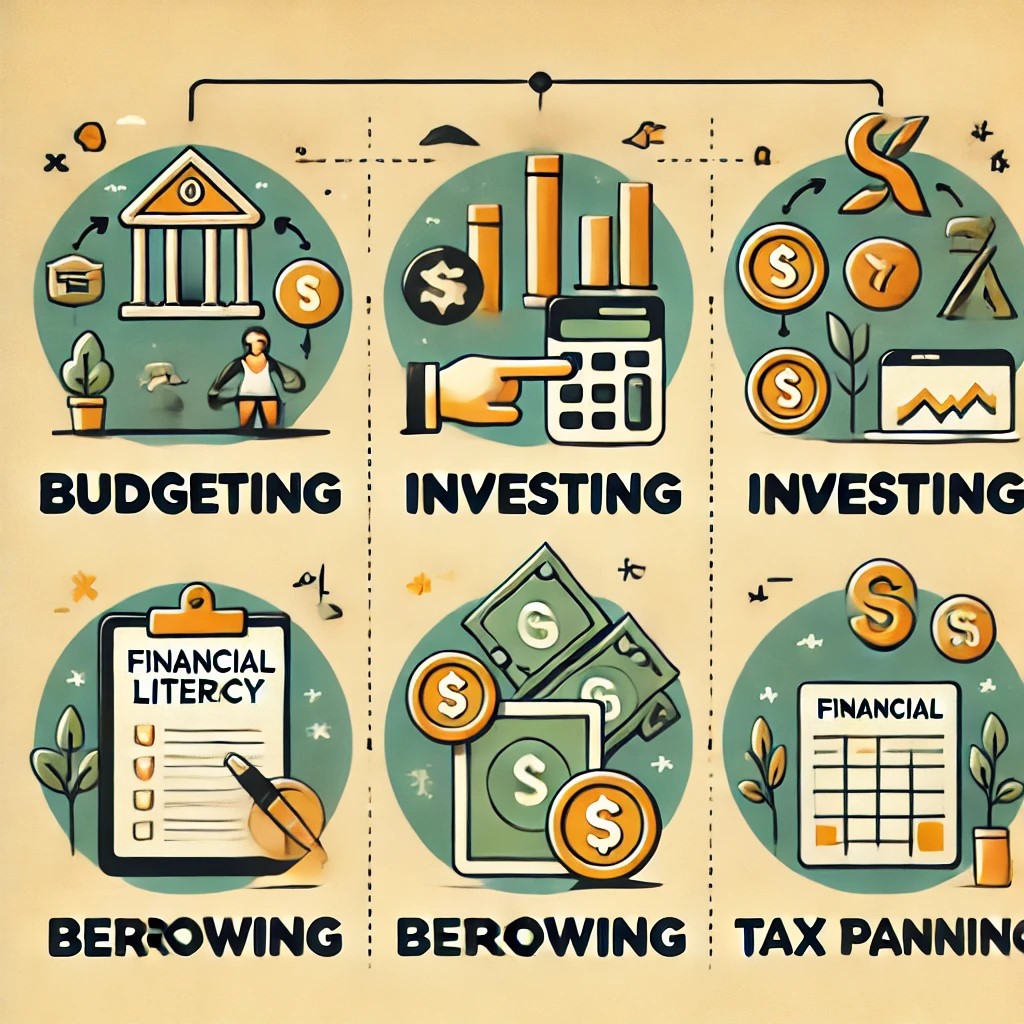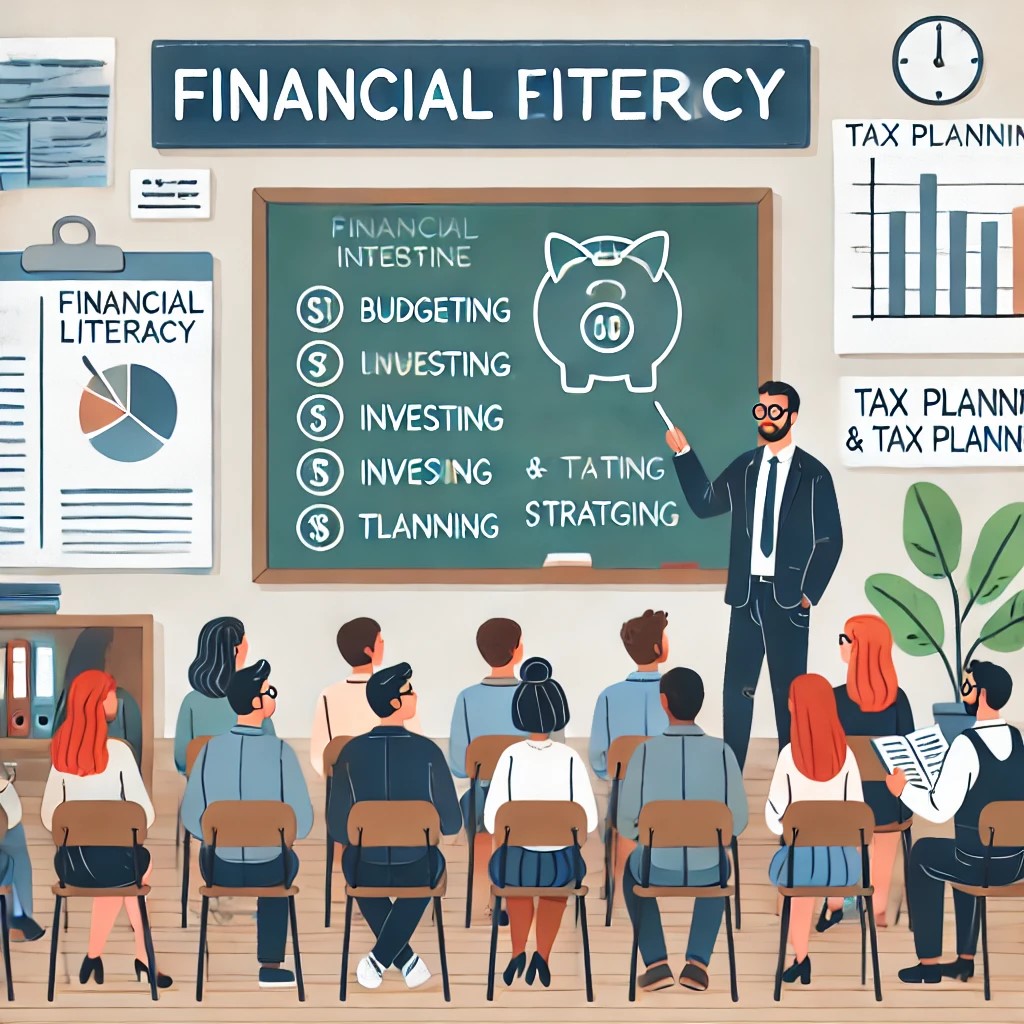The Impact of Financial Literacy on Investment Success
Financial literacy, the ability to understand and use various financial skills effectively, is crucial for making informed investment decisions. It includes knowledge areas such as budgeting, investing, borrowing, and tax planning. As the financial world becomes more complex, financial literacy plays a significant role in achieving investment success. This article explores current trends in financial literacy, its impact on investment success, and future predictions.

Current Trends in Financial Literacy
Digital Learning Platforms: The rise of digital platforms has made financial education more accessible. Online courses, webinars, and financial blogs offer valuable resources for those looking to improve their financial literacy. These platforms often provide interactive and engaging content.
Financial Literacy in Schools: There is a growing movement to incorporate financial education into school curriculums. Many believe that early exposure to financial concepts can lay a strong foundation for future success. Programs targeting high school students aim to teach essential money management skills.
Employer-Sponsored Programs: Employers are increasingly offering financial literacy programs to their employees. These programs can include workshops, seminars, and access to financial advisors. Supporting employees' financial well-being can improve job satisfaction and productivity.

Social Media Influence: Social media has become a popular venue for financial education. Influencers and financial experts use these platforms to share tips, strategies, and insights, making financial literacy more relatable. However, the quality of information can vary, so critical evaluation of sources is necessary.
Impact of Financial Literacy on Investment Success
Informed Decision-Making: Financially literate individuals make more informed investment decisions. They understand the risks and rewards of different investment options, enabling them to build diversified portfolios that align with their goals and risk tolerance.
Risk Management: Financial literacy helps investors manage risk more effectively. They can assess the potential impact of economic changes on their investments and make necessary adjustments. Understanding complex financial instruments reduces the likelihood of high-risk investments without fully grasping the consequences.
Avoiding Pitfalls: Many investment mistakes stem from a lack of financial knowledge. Financially literate investors are less likely to fall prey to scams, high fees, and poor investment choices. They are also better prepared to handle market volatility, avoiding panic selling and other reactive behaviors that can harm long-term returns.

Future Predictions
Integration of Technology: The future of financial literacy will see deeper integration with technology. AI and machine learning will provide personalized financial education, adapting content to the user’s level of understanding and needs. Apps and online platforms will continue to innovate, offering real-time financial advice and education.
In conclusion, financial literacy is a key determinant of investment success. Current trends show that digital learning platforms, school programs, employer-sponsored initiatives, and social media are making financial education more accessible. Financially literate individuals make more informed decisions, manage risks better, plan for the long term, and avoid common investment pitfalls. Looking ahead, technology, global reach, enhanced employer programs, and policy initiatives will further promote financial literacy, empowering more people to achieve their investment goals.
(Writer:Frid)





